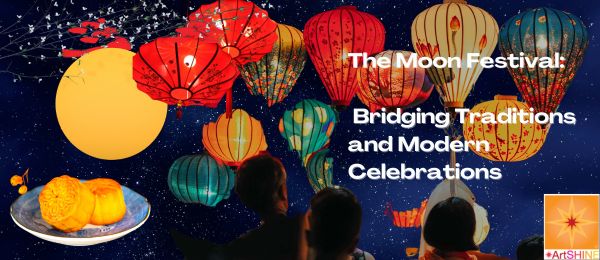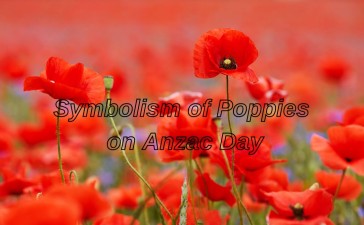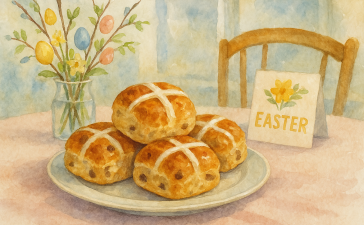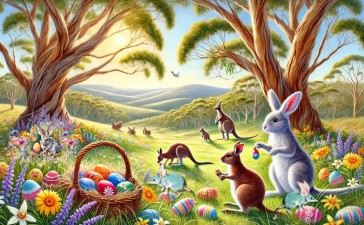The Moon Festival, also known as the Mid-Autumn Festival, is a cherished cultural celebration that has deep historical roots in several East Asian countries, including China, Taiwan, Vietnam, and Korea. Celebrated on the 15th day of the 8th month in the lunar calendar, which usually falls in September or early October, this festival is marked by the full moon’s radiant presence in the night sky. Its origins can be traced back over a thousand years, and it continues to hold immense significance as it bridges traditional values with contemporary celebrations.
Historical Origins: A Time of Unity and Reunion
The origins of the Moon Festival are intertwined with Chinese folklore, particularly the tale of Chang’e, the Moon Goddess. One of the most well-known stories revolves around Houyi, an archer who saved the world by shooting down nine of ten suns that scorched the earth. As a reward, he was given the elixir of immortality, which his wife Chang’e accidentally consumed, leading her to ascend to the moon as a goddess. The Moon Festival is thus associated with familial reunions, much like the goddess’s yearning for her husband.
Significance and Symbolism: A Festival of Unity and Abundance
The Moon Festival is rich in symbolism, embodying values of unity, harvest, and familial love. The full moon represents completeness and reunion, making it a time for families and friends to come together, share a festive meal, and appreciate one another’s company. Mooncakes, a staple of the festival, are round pastries with various fillings, symbolizing the full moon. Gifting mooncakes has become a tradition, expressing wishes for unity and prosperity.
Tradition in Modern Times: Preserving and Adapting
In today’s rapidly changing world, traditional festivals like the Moon Festival face the challenge of maintaining relevance while embracing modernity. Remarkably, these celebrations have managed to evolve without losing their core values. The Moon Festival, for example, has embraced contemporary elements such as digital communication. Families separated by geographical distances can now share greetings and virtual reunions, ensuring that the spirit of togetherness endures.
Moreover, the Moon Festival has become an occasion for cross-cultural understanding. Many communities beyond East Asia now celebrate this festival, contributing to the global sharing of traditions. In multicultural societies, the Moon Festival serves as a platform for cultural exchange, fostering a sense of unity among diverse groups while preserving the essence of the festival.
Transcending Borders: The Global Appeal of the Moon Festival
In recent years, the Moon Festival has expanded its reach, transcending borders and captivating audiences around the world. In the United States, for instance, Chinatowns host vibrant celebrations, introducing the festival to a wider audience. Similarly, cultural organizations and educational institutions organize events to educate and engage people in the significance of this festival. This cultural diffusion has breathed new life into the festival, encouraging younger generations to appreciate their heritage.
Cultural Revival: The Role of Traditional Festivals
Traditional festivals like the Moon Festival are not just historical remnants; they are living traditions that offer a bridge between the past and the present. These celebrations provide a sense of continuity, allowing individuals to connect with their roots, understand their ancestors’ values, and transmit these legacies to future generations. They also remind us of the shared human experiences that transcend time and geographical boundaries.
Conclusion: A Festival for the Ages
The Moon Festival is a testament to the enduring power of cultural traditions. Its ability to adapt to the modern world while maintaining its core symbolism showcases the resilience of such festivals. Whether celebrated in traditional forms or embraced in contemporary contexts, the Moon Festival remains a glowing reminder of unity, abundance, and the unbreakable bond between past, present, and future. As the full moon illuminates the night sky, the Moon Festival continues to shine a light on the richness of culture and the human experience.





